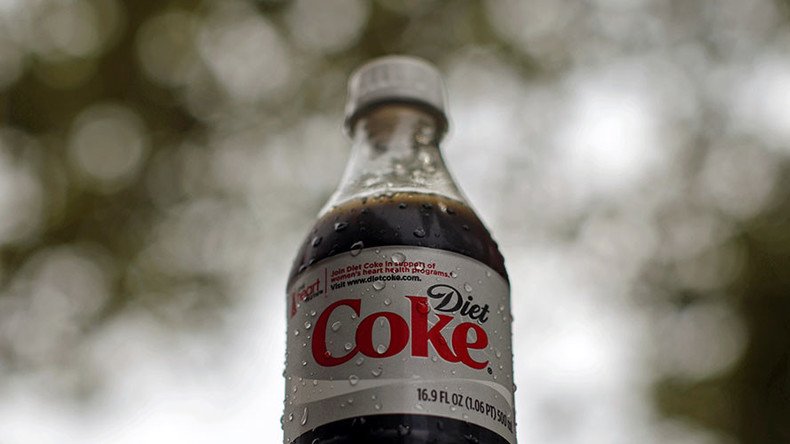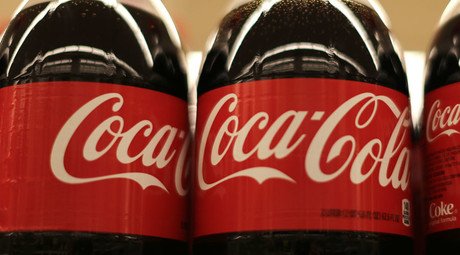Study that found diet drinks help to lose weight was funded by…Coca-Cola & PepsiCo

Recent scientific research that claimed diet beverages could be better than water in helping people to lose weight was backed by a body that has Coca-Cola and PepsiCo as members, it has emerged.
The 14-page research paper, led by Peter Rogers, professor of biological psychology at Bristol University, appeared in the International Journal of Obesity in November. It claimed that people who consume diet drinks could be more likely to lose weight than those who drink water.
Later, however, some curious details about the study appeared.
It turns out that the research was funded by the International Life Sciences Institute (ILSI) Europe, whose members include drinks giants Coca-Cola and PepsiCo.
Both companies are also part of the Eating Behaviour and Energy Balance Task Force, a group which aims to raise awareness of healthy eating, and which has Professor Rogers as its co-chair.
The Sunday Times has also reported that some of the authors of the study received some £750 (around $1,070) each from the taskforce.
The study’s industry-connected funding was never revealed by Bristol University, the paper noted.
The discoveries resulting from the research were also contrary to previous studies of diet drinks: while over 5,500 papers were reviewed for the study, the results were drawn from only three of them.
Two papers didn’t discover any difference between water and diet drinks, and another paper – sponsored by the American Beverage Association – came to the conclusion that people consuming diet drinks were more likely to lose weight than those who prefer water.
Scientists also consider the latest research doubtful, to say the least.
Cardiologist Dr. Aseem Malhotra, advisor to the National Obesity Forum, told the Independent, “To suggest that diet drinks are more healthy than drinking water is laughable, unscientific nonsense.”
“If you want good science you cannot allow corporate sponsorship of research,” he added.
#PepsiCo admits public source origins of its Aquafina bottled water https://t.co/tKXNiL9GmXpic.twitter.com/mj7baw6Klx
— RT (@RT_com) October 29, 2015The University of Bristol has already responded to the criticism, saying the study was published in a “peer-reviewed journal,” so the results were examined by other scientists, too. The funding, it added, didn’t appear for “reasons of space,” the Sunday Times reported the university as saying.
“We therefore stand by the findings. [The research] was funded by a range of bodies including the NHS [National Health Service] and European Union, as well as ILSI Europe,” the statement also said.














